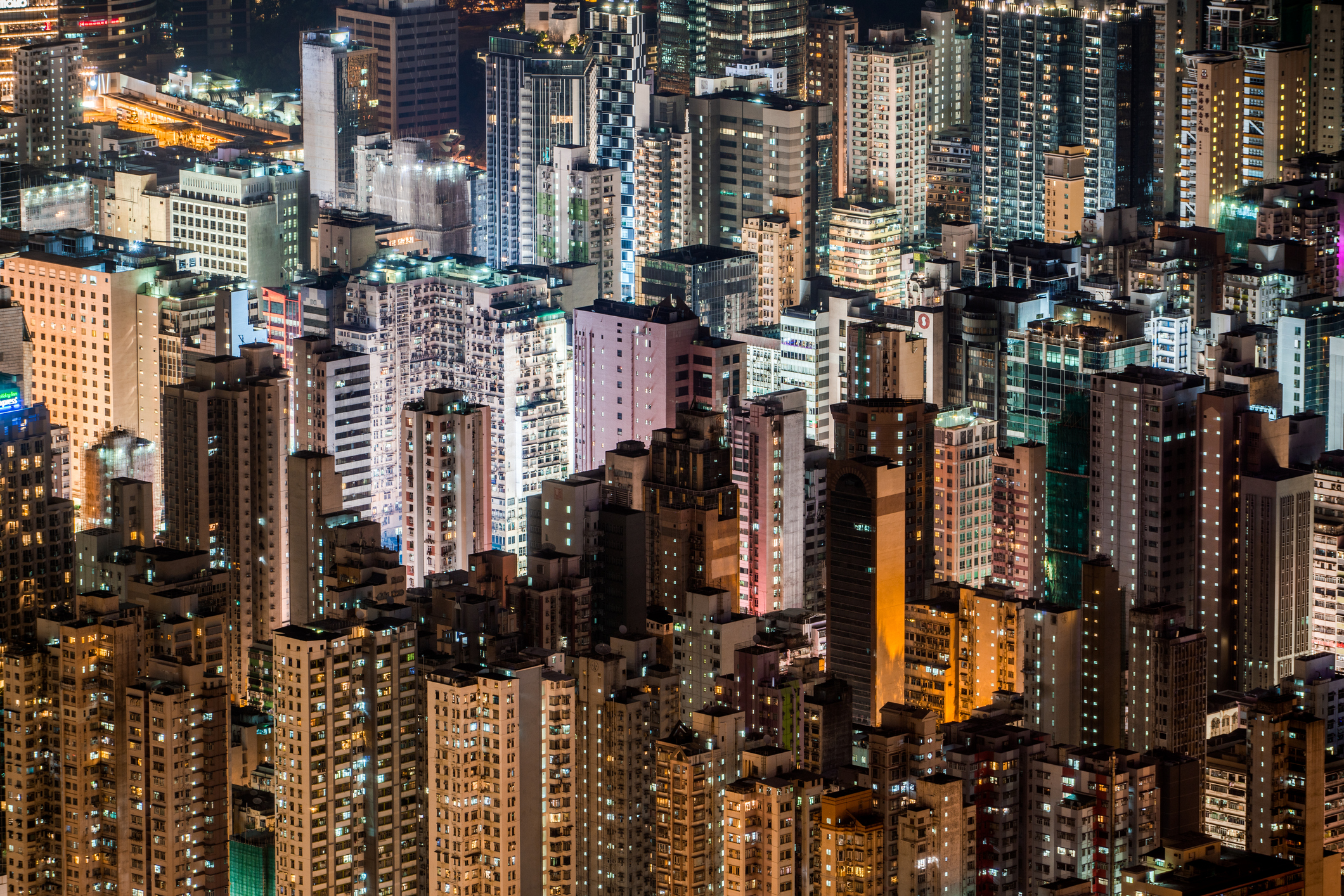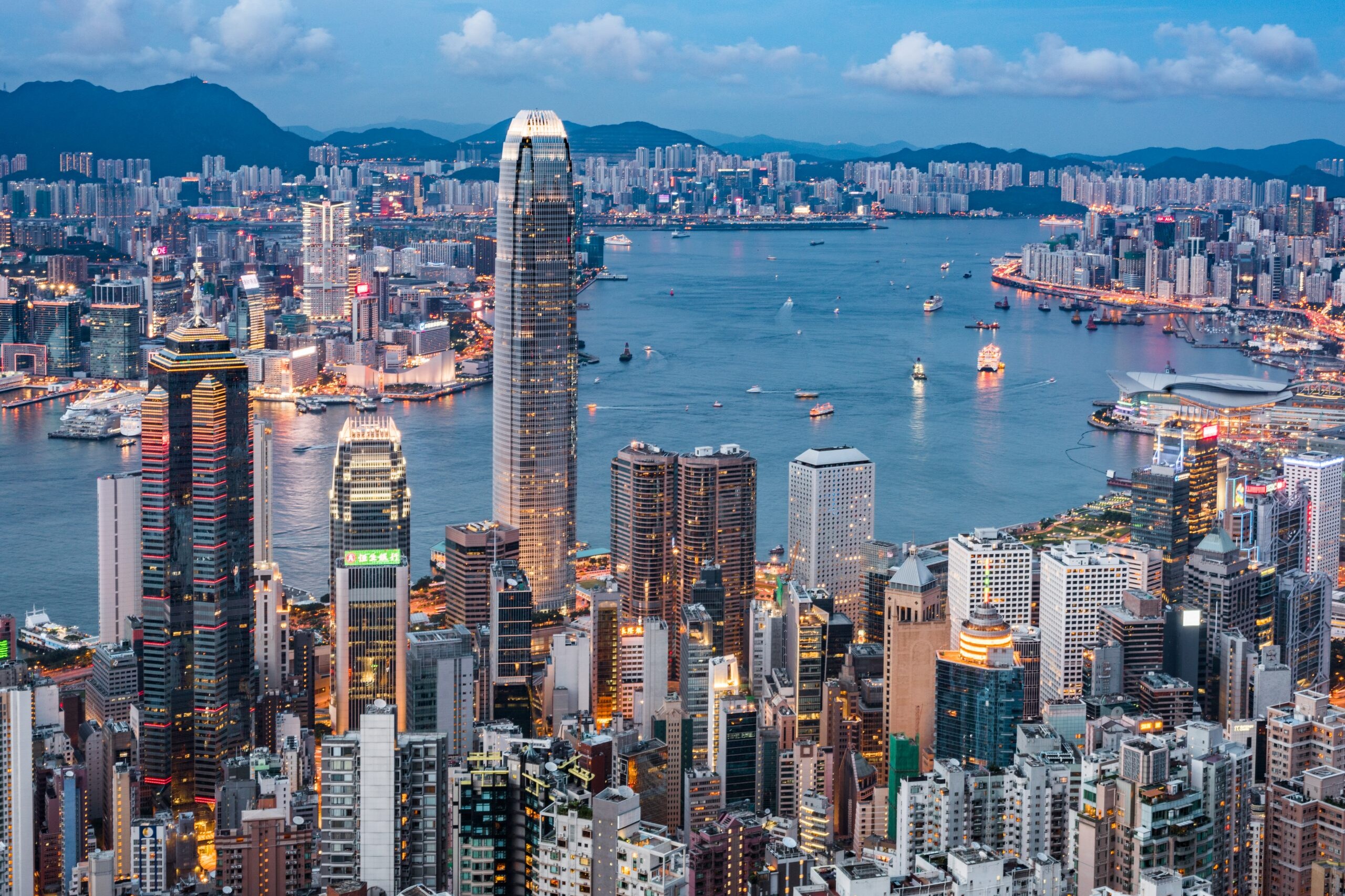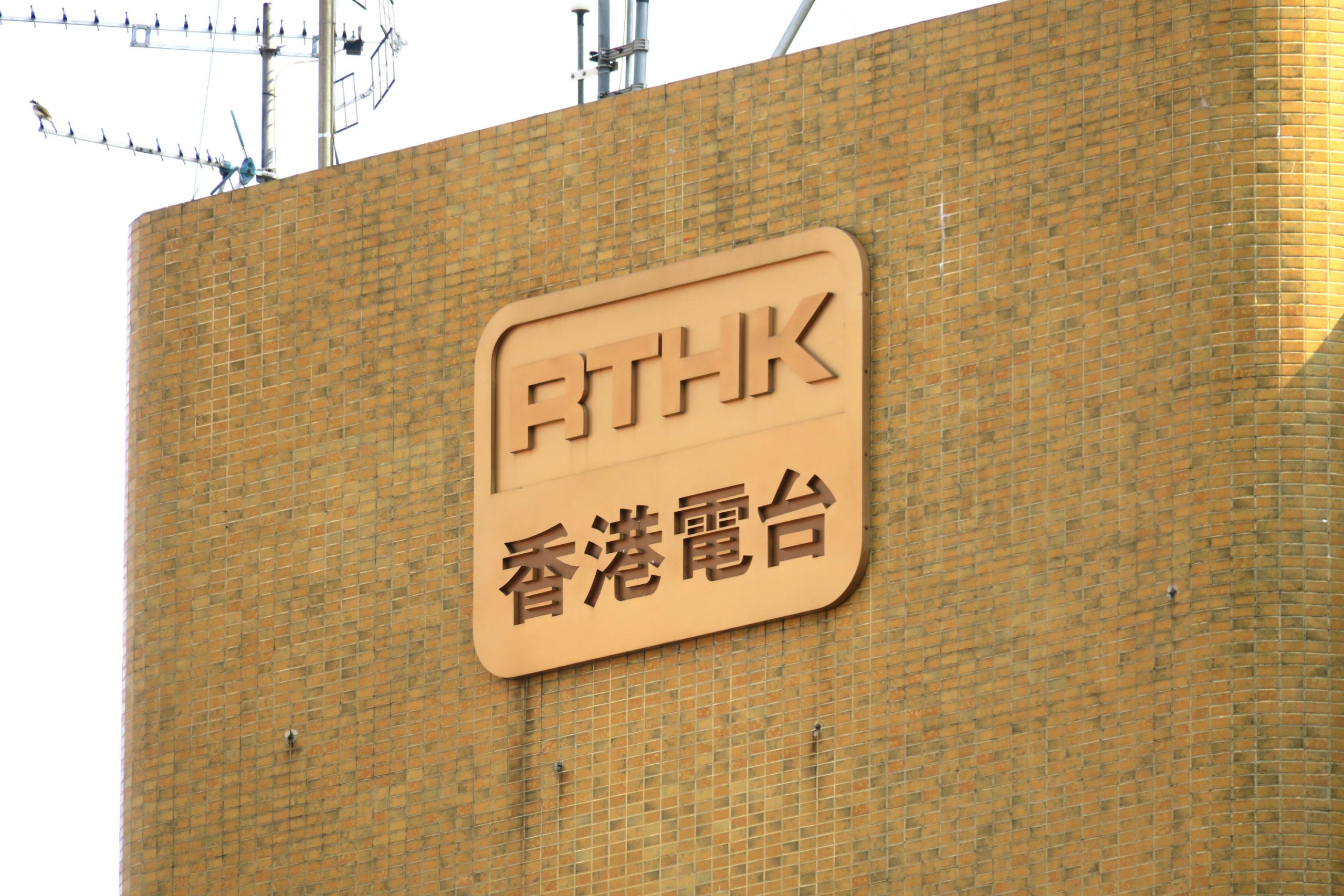A new report by Reporters Without Borders (RSF) describes press freedom in Hong Kong as being “in free fall”. It comes as the deterioration of RTHK is cemented through High Court rulings and further evidence of editorial interference.
RTHK does not have the right to freedom of expression, ruled Hong Kong’s High Court at the end of November. The judgement was passed down as part of a case looking at an episode of political satire, Headliners. The communications regulator had earlier found the show “insulted police”, but this was being appealed by the Hong Kong Journalists Association and the RTHK Programme Staff Union. The judge sided with the regulator, justifying the ruling on the basis that RTHK does not have freedom of expression because it is a government department. It is an alarming conclusion, but one which is not surprising, given the extent to which the broadcaster’s independence and editorial integrity have been compromised by the authorities amid the introduction of new national security laws in 2020.
Read more: Six dark months: A timeline of RTHK’s decline
In recent weeks, there have been many other instances of control exerted over RTHK. The Hong Kong Free Press reported that the social media pages of a dozen shows have been paused. The programmes affected include political satire Headliner and other programmes which are no longer showing. Additionally, in November, as the global outcry of the whereabouts of Chinese tennis player Peng Shuai ratcheted up, RTHK deleted one of their own reports on the matter. The article “cited ‘western media’ as saying they had not been able to get in touch with Peng since early this month.” Furthermore, a press release sent out by RTHK’s director of broadcasting, Patrick Li, argued that the broadcaster “has the duty to promote Constitution Day.” The courts have also intervened in a dispute over an episode of Headliners. The court sided with the regulator which argued that it “insulted police”.
The demise of RTHK is a disappointing and saddening situation. Each month brings news of greater changes to the broadcaster and independent media at large. RTHK was provided with new editorial guidelines in September, and these ban the broadcaster from airing any content which would “provoke or deepen hatred, discrimination, or hostility towards the central government, or the SAR [Special Administrative Region] government.”
Each month brings news of greater changes to the broadcaster and independent media at large.
Patrick Li has been one of the driving forces behind changes at the broadcaster. He came into the post after former Director of Broadcasting, Leung Ka-wing, stepped down. He quickly axed a number of programmes, drawing praise from the Chief Executive of the SAR government, Carrie Lam. In a demonstration of the intertwined relationship between government and broadcaster, Lam now hosts a talk show on the channel, a programme devoid of criticality and journalistic rigour. A closer relationship with China has been cemented by a new partnership between RTHK and China’s state media, CCTV. As the HKFP reports, RTHK’s decline has also led to many senior staff leaving.
These events, and a wider crackdown on independent media in Hong Kong, have alarmed a number of press freedom groups. The Hong Kong Journalists Association said press freedom was “in tatters”. A new report by RSF said press freedom is “in free fall.” This has been evidenced by wider events. The already-imprisoned Apple Daily founder, Jimmy Lai, has just been found guilty for additional charges relating to last year’s Tiananmen Square Massacre Vigil, alongside two other pro-democracy activists. Additionally, new legislation frequently adds to the extensive powers of authorities to deny visas to foreign journalists and censor content. This includes a law which will ban films deemed to be in violation of national security interests. Furthermore, earlier this year, RTHK made a decision to stop using the BBC World Service following a ban on the station by the regulator in mainland China.
Journalists face an intolerable and unsustainable situation.
Consequently, there has been a more extensive reckoning for journalists in Hong Kong under this oppression. Over half admitted to self-censoring their reporting, while nearly half are considering leaving altogether. TheObserver’s former correspondent, Steve Vines, said he was “forced to flee China’s ‘white terror’” after living there for 35 years.
Journalists face an intolerable and unsustainable situation. According to Vines, it is now a “police state”. RTHK, once a bastion of free and independent public media, is now legally incapable of free expression. What makes it more disconcerting, is that many quality journalists still work at the broadcaster. But as Vivian Wang wrote last month in the New York Times, “RTHK was once compared to the BBC for its fierce editorial independence. But under a sweeping national security law that Beijing imposed last year to silence dissent, many say it now more closely resembles China Central Television, the propagandistic Chinese state broadcaster.”
The undermining of RTHK’s editorial independence continues to take its toll on Hong Kong’s already diminished press freedom, freedom of expression and what remains of democracy. The Public Media Alliance is steadfast in its condemnation of the constriction of independent public media and other public interest media in Hong Kong. Their decline will only result in the availability of less impartial, critical, and accountable information, which is needed now more than ever.
Header Image: The RTHK (Radio Television Hong Kong, 香港電台) logo on top of their Television House. RTHK is a public broadcaster providing radio and television services in Hong Kong. Credit: Alois Oscar/Shutterstock.com
Related Posts
3rd November 2021
Hong Kong: Guise of national security interests continues to restrict life and media
A new film censorship bill threatens…
5th October 2021
Hong Kong: Tightening grip of the National Security Law
New crimes are being prepared under the…
5th October 2021
Hong Kong: Hong Kong government continues to dismantle public and other independent media
RTHK's new editorial guidelines will…
29th July 2021
Hong Kong: Undermining of public media, independent journalism continues
The fallout from the closure of…


